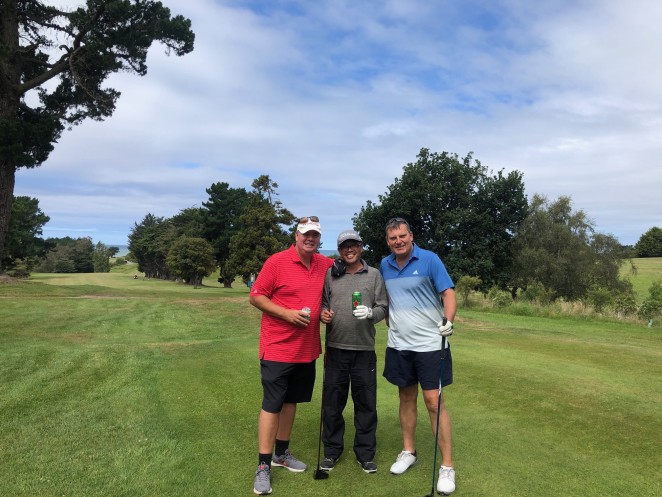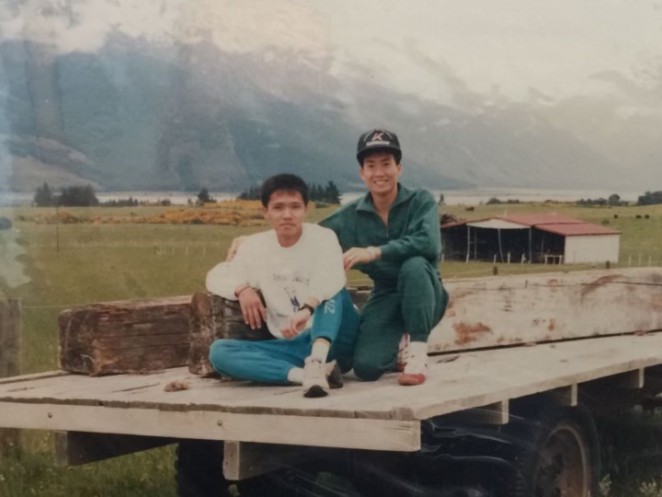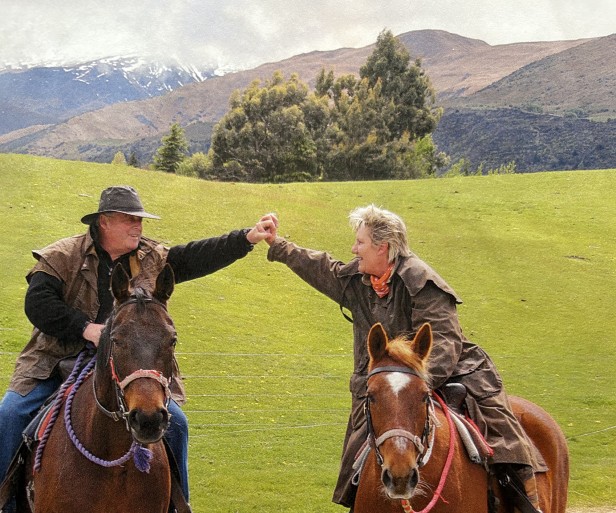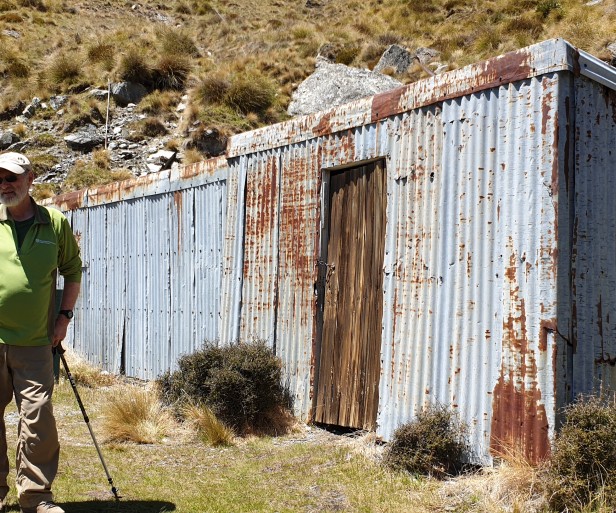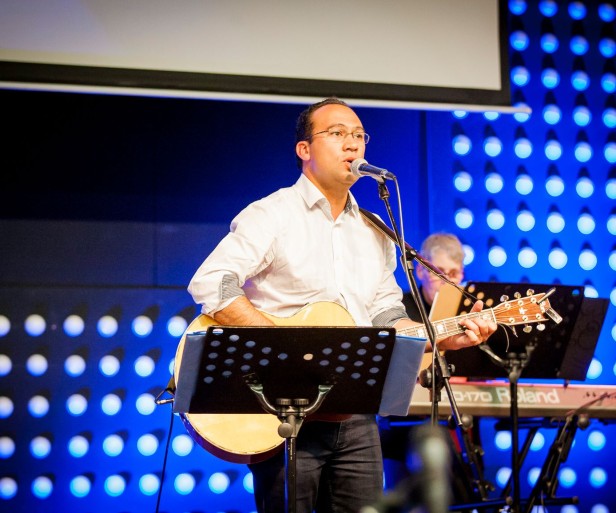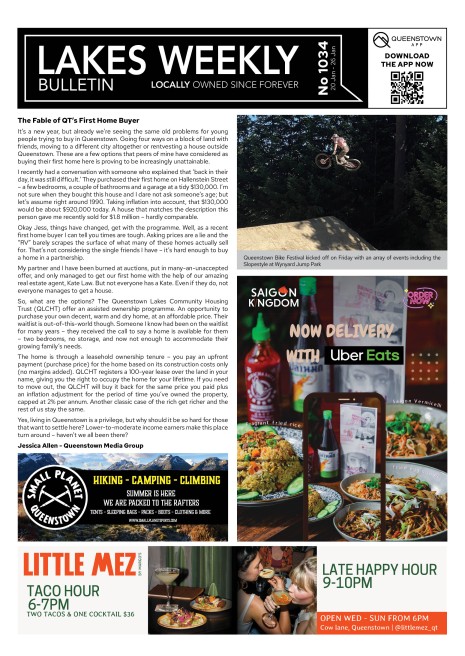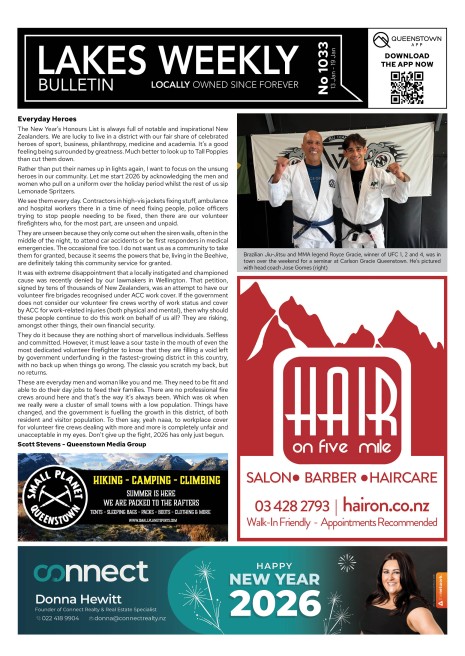Ming Han - A land of opportunity

When Ming Han arrived in Queenstown, just 24 and speaking minimal English more than 11,000kms from home, ironically, he was returning to his roots.
Born in Guangzhou, Canton’s capital, Ming’s great, great grandfather – his mother’s great grandfather, Choie Sew Hoy, was one of this region’s early Chinese gold miners – among Otago’s most famous.
Ming’s uncle Wayne Chui, who became a local restaurateur legend, opened one of Queenstown’s first Chinese restaurants - The Mandarin, in 1982. “He sponsored me to come to New Zealand and work for him. It was a chance at a better life.” His mother was keen for him to connect with her family’s gold mining roots.
Growing up in China, Ming boarded at kindergarten. Primary school years during the Cultural Revolution were tough. His grandmother, who’d mothered 10 kids, was a big influence helping care for Ming, his two brothers and cousins while parents were working.
Ming had just finished his mechanical engineering studies when NZ beckoned in 1987. “We were so poor then. People were determined to go overseas to make money, change their lives and have more freedom.” He made between $200 and $300 a week here - the equivalent of six months or more of work back home. “Even well-educated people like university professors were earning NZ$20 a month in China. Everyone said Wayne was crazy opening his restaurant, but it became really successful.”
Ming worked part-time for Tony Robertson at Minami Jujisei Japanese Restaurant, living in their staff house, and worked in various hotel kitchens and gift shops.
He also did a stint for Americans Kathy and Ted Topolski at Waterfall Park. “They had peacocks and deer wandering around, a gazebo, stream under the waterfall, trout spawning. It was beautiful.”
There was only a handful of Chinese in town, but a big Japanese community and Ming soon met wife Yumiko – a tour guide. They lived in Japan on and off in the early 1990s where Ming put his engineering skills to work at the Nissan subsidiary factory in Yumiko’s hometown.
Fluent in four languages – Mandarin, Cantonese, Japanese and English, he taught at local language schools, teaching English to kids, and Mandarin to trainee engineers headed for China, which had just opened up, also working for a luxury Tokyo hotel.
Returning to Queenstown in 1994, he opened his first restaurant in 1996 – Memories of Hong Kong in Steamer Wharf. “We really appreciated the environment, the opportunites and freedom here. We could meet people from all over the world. You could never do that in China,” Ming says.
He worked hard. It was tough with some huge challenges to overcome - the Asian financial crisis hit a year in and so many people in town lost jobs. Ming rode out SARS, the GFC (Global Financial Crisis), 1999’s record floods which forced him to close for two months, and 911, but the restaurateurs all supported each other. “We were like a family. It was different then,” he says.
The good times were plentiful too, many of China’s most wealthy businessmen among customers, including Alibaba’s Jack Ma. Prime Ministers and top politicians would hire his private dining room for lunches.
Ming’s chef caused a stir with the FBI when he popped out Kiwi style to say, ‘hi’, to US President Bill Clinton on the internal Steamer Wharf stairs, shaking his hand. “They got upset with police for not controlling the crowd,” he grins. “I remember them getting out of the big black armoured ute holding machine guns.”
He once had to cancel 300 Christmas Eve bookings just hours out when fire sprinklers went off drenching the restaurant kitchen.
Ming started a second restaurant in Beach Street – Japanese tapas initially, then Lenka, also opening a gift shop with friends downstairs for a while. At the same time, he stretched his 15-hour days further, opening The Sushi Hut beside Eichardt’s in an old hut.
In 2004 he moved Memories to Stratton House, and later once that lease expired moved it to the Mall in 2014. He built Wild Ginger - an Asian fusion, upmarket Chinese restaurant in Beach Street, selling that to Auckland friends.
In 2010 he’d also started fast food Kai Express in Shotover Street with friends, which eventually became Daruma Sake Bar, Ming inventing the ‘sake bomb’ which became a huge hit. “It was a little cup of sake dropped into a beer.”
Ming and Uncle Wayne became interpreters for local police and court staff during emergencies or criminal cases, sadly a fatal jetboat accident among them.
After Covid hit he closed Memories and spent time in Christchurch with family, also studying for a wine cellar hand course through Cromwell Polytechnic. For the past two years he’s helped with Gibbston Valley harvests.
A keen golfer, Ming organised All Nations Golf and other matches where migrants played local Kiwis.
He’s very appreciative of the opportunities Queenstown has offered him. “I’m now enjoying the freedom, golf, hiking and skiing,” he smiles. His only regret as a restaurateur is not being able to spend enough time with his wife and sons. “You’re married to the business.”
